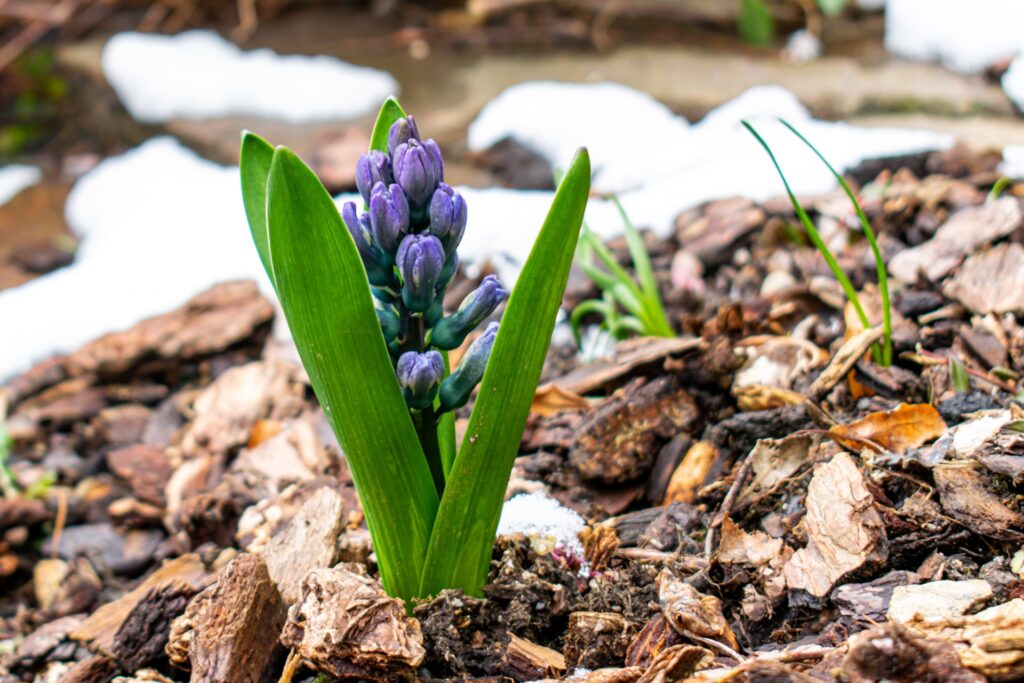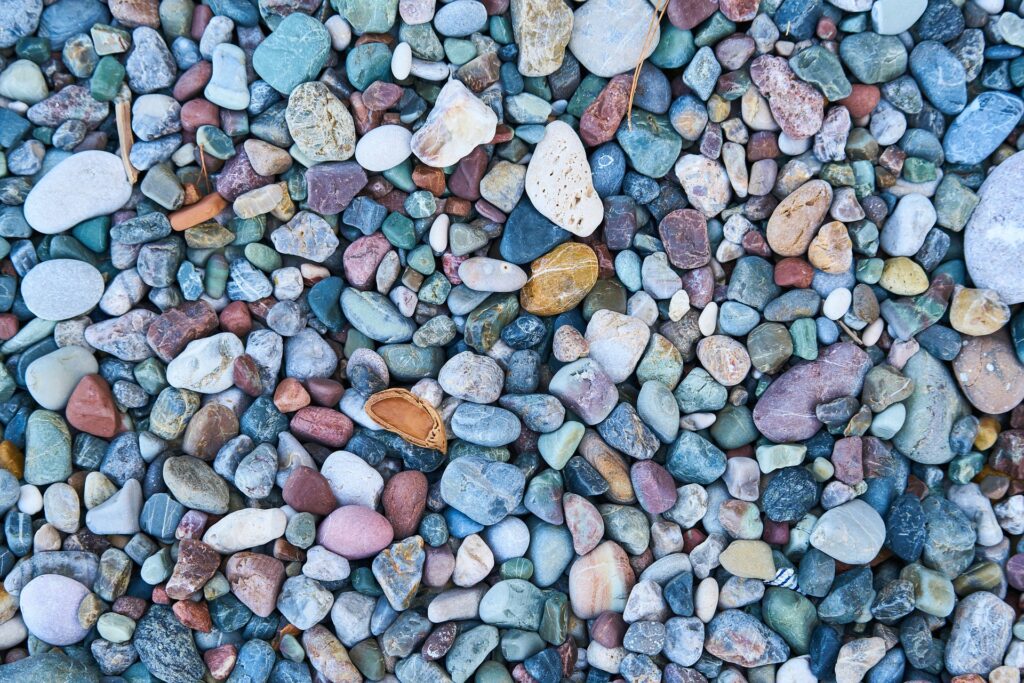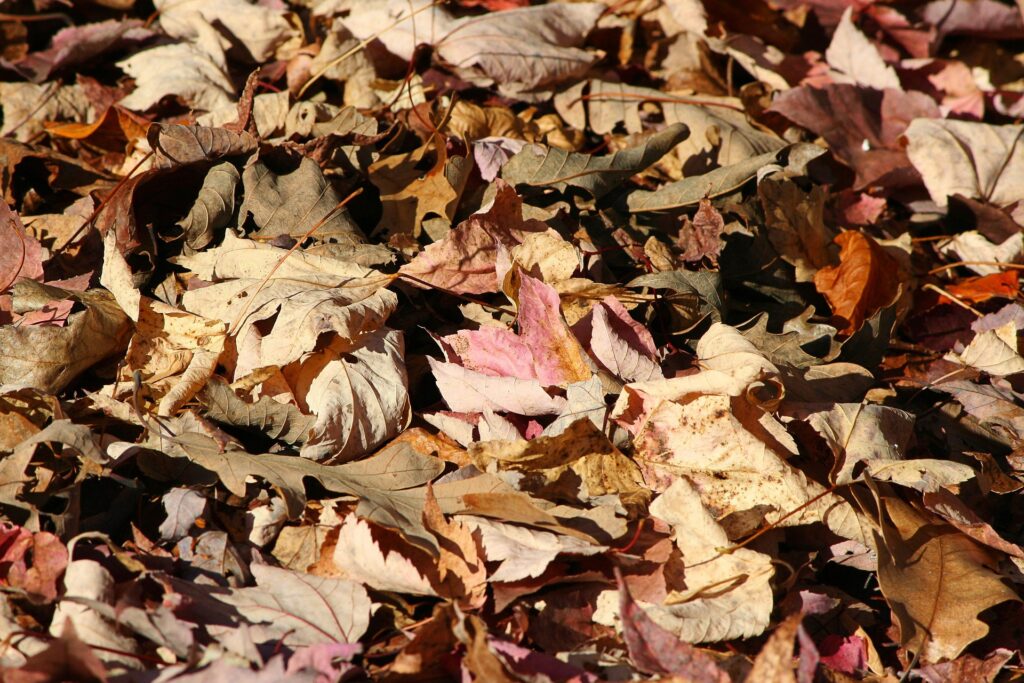


Ask A Master Gardener Article published September 27, 2024 in The News-Review
By: Julie Burchstead
Question: I just planted a new garden bed. But the plants are still small, leaving a lot of open area. What can I do now to help suppress weeds over the winter?
Answer: Consider mulch! Fall is a great time to spread this multi-purpose workhorse that provides many year-round benefits.
Summer has made her exit. The sun’s heat is less likely to sustain. The nights are becoming delightfully cooler, a welcome shift after the relentless oven of summer. You might be thinking about adding an extra blanket to your bed. Did you know your garden beds can benefit from an extra layer as well. But compost or mulch?
Compost, the “sexy” soil conditioner, seems to get all the attention these days – limelight well-deserved. With worms bins, layered plant material bins, heat, water, a little starter soil, manure, and discarded organic material, you can create a nutritious soil amendment in a few weeks or months. Compost is gardener’s gold.
Sometimes people do top dress their gardens with compost. Prepared well, compost is initially weed-free. A thick layer might suppress weeds for a while. But it can be difficult to create enough compost for large areas, and it can be expensive to buy. Most importantly, compost does its amendment magic best when worked into the existing soil. Leaving compost as a top dressing creates an equal opportunity smorgasbord for both desired plants and opportunistic weeds. Winter rain can also leach nutrients from unprotected compost, or wash it away entirely.
That’s where mulch, the quiet hero, comes in. Mulch is meant to be a top dressing. It is the often overlooked workhorse of the garden with talents for:
- Weed suppression
- Protection of soil from erosion and the leaching of nutrients
- Holding in moisture
- Protecting plants from temperature extremes
- Creating a tidy look for your beds.
Mulch can be organic or inorganic. Organic mulches include bark, bark dust, straw, leaves, or even a layer of cut up stalks and leaves of plants left over from harvest. Just be sure seed heads are removed, and don’t include any plant matter with signs of disease like powdery mildew. Organic mulch will eventually break down, releasing nutrients to the soil. But it is a slow process, and in the meantime, it also blocks light, helping prevent most seeds from sprouting. A layer of mulch helps the underlying soil retain moisture in summer (as long as watering is deep enough to penetrate to the soil below). Mulch also insulates plants and roots from cold in the winter. Leaf mulch can also provide critical habitat for overwintering beneficial insects like pollinator moths and native bumblebees.
Inorganic mulches, like gravel, may also be used. While not quite as efficient at weed suppression, gravel retains some heat. Gravel mulches are often used in xeriscape gardening. I used a pea gravel mulch around the drip line of a young olive tree to discourage my chickens from scratching up and around its roots as it was getting established. It worked!
Be aware that if you live in an area prone to wildfire, organic mulch can be a fire hazard unless it is wet. Adding more decorative rock to your landscape can provide some fire suppression; moving to a completely rock mulch will provide more. Oregon State University has also done research identifying plants that are more fire resistant than most, including some groundcovers.
For best results, mulch should be applied 3-4 inches deep. Too little, and it won’t be effective. Too much, and it creates too much of a barrier for watering. Mulches will prevent all plants from self-reseeding, something to be aware of if that is important to your garden.
In the spring, simply push the mulch aside to add new plants or to create a seed bed. The mulch can be tucked around the plants once they are established – just make sure not to “volcano” mulch around stems and tree trunks which can invite pests and disease.
Mulch is especially helpful in new plantings, where young plants have yet to grow to their full size. Open, irrigated real-estate is an invitation to weeds. Covering bare ground with a blanket of mulch now, will save you a lot of unnecessary work in the spring, allowing you more time this winter to cozy up under your own blanket with a hot mug of tea, your seed catalogs, and your dreams.
Note: if you are interested in learning more about mulch, there will be a free webinar through OSU Extension on October 1. You can register via this link: https://extension.oregonstate.edu/mg/metro/events/mulch-matters-beyond-bark
Do you have a gardening or insect question? Contact the Douglas County Master Gardeners at douglasmg@oregonstate.edu or 541-672-4461 or visit 1134 SE Douglas Ave., Roseburg. Douglas County Master Gardeners are trained volunteers who help the OSU Extension Service serve the people of Douglas County.

